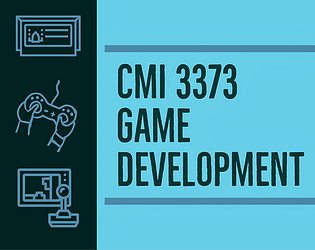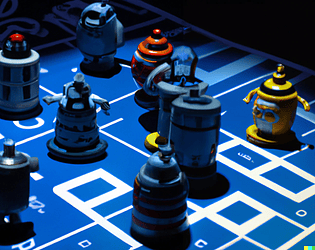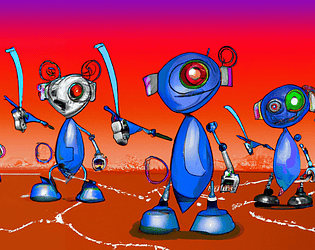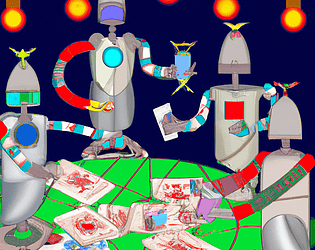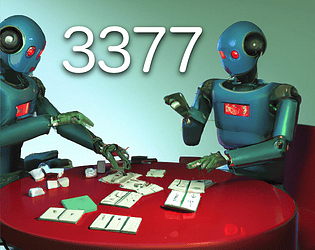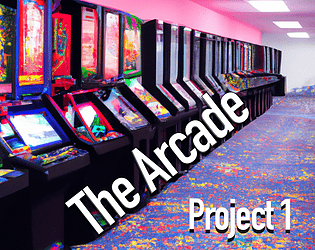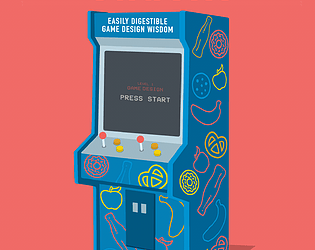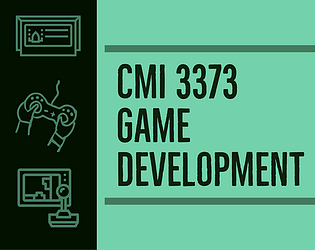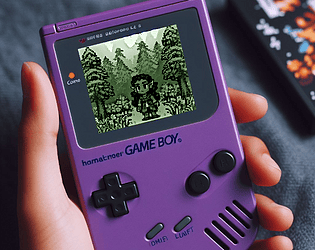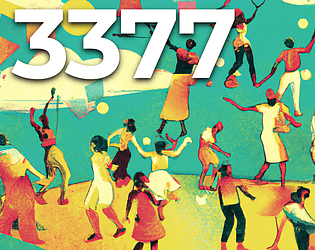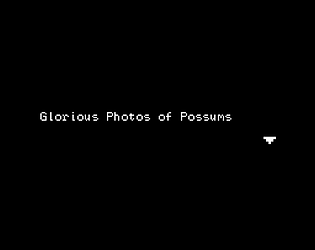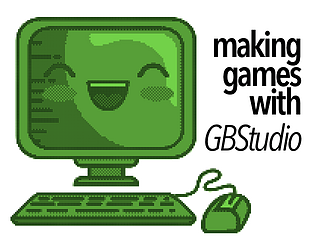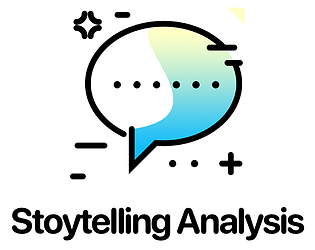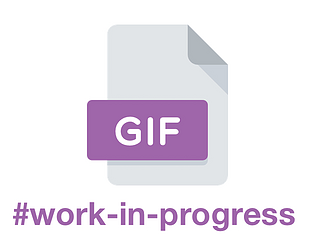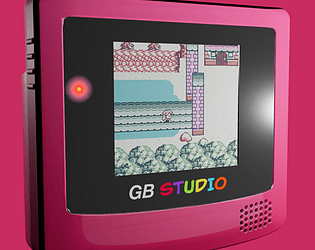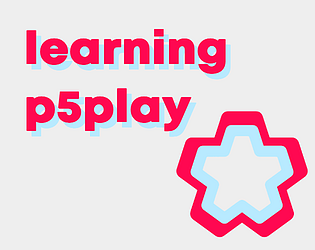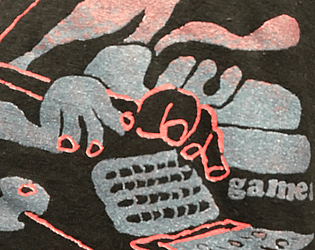Wonderful game! It makes great use of the constraints of the platform. It’s clever, funny, odd, and well designed. I do hope the next Eyeland has a save or chapter system, though, so that I’m not worried about losing progress if I have to put my Playdate down.
Making Games at Texas Tech
Creator of
Recent community posts
I’m happy that you’re determined to bounce back from the previous project. I recognized that you worked hard on it but faced a lot of obstacles. They say “past performance is no guarantee of future results.” And usually that means not resting on your laurels but in this case it means you have a fresh start with BattleBattle and I’m looking forward to seeing what your team has!
Good point about trick-taking. I can’t remember if it was your group or another group, but perhaps having the Missions structured like a tutorial would have helped. Mission 1 could have had no tasks and instead just required that each player win one trick. That would acclimate people to that style of game.
I’ve been playing a new-ish game by Foddy recently that doesn’t have quick saves or checkpoints and it really does change the way I think of playing it as executing a performance. Of course, I’m also annoyed that it doesn’t because I don’t have the kind of time to repeat the same actions over and over. But at least it’s a recognizable design ethos.
You might enjoy reading about the history of fighting games written about here by Bitmap books.



